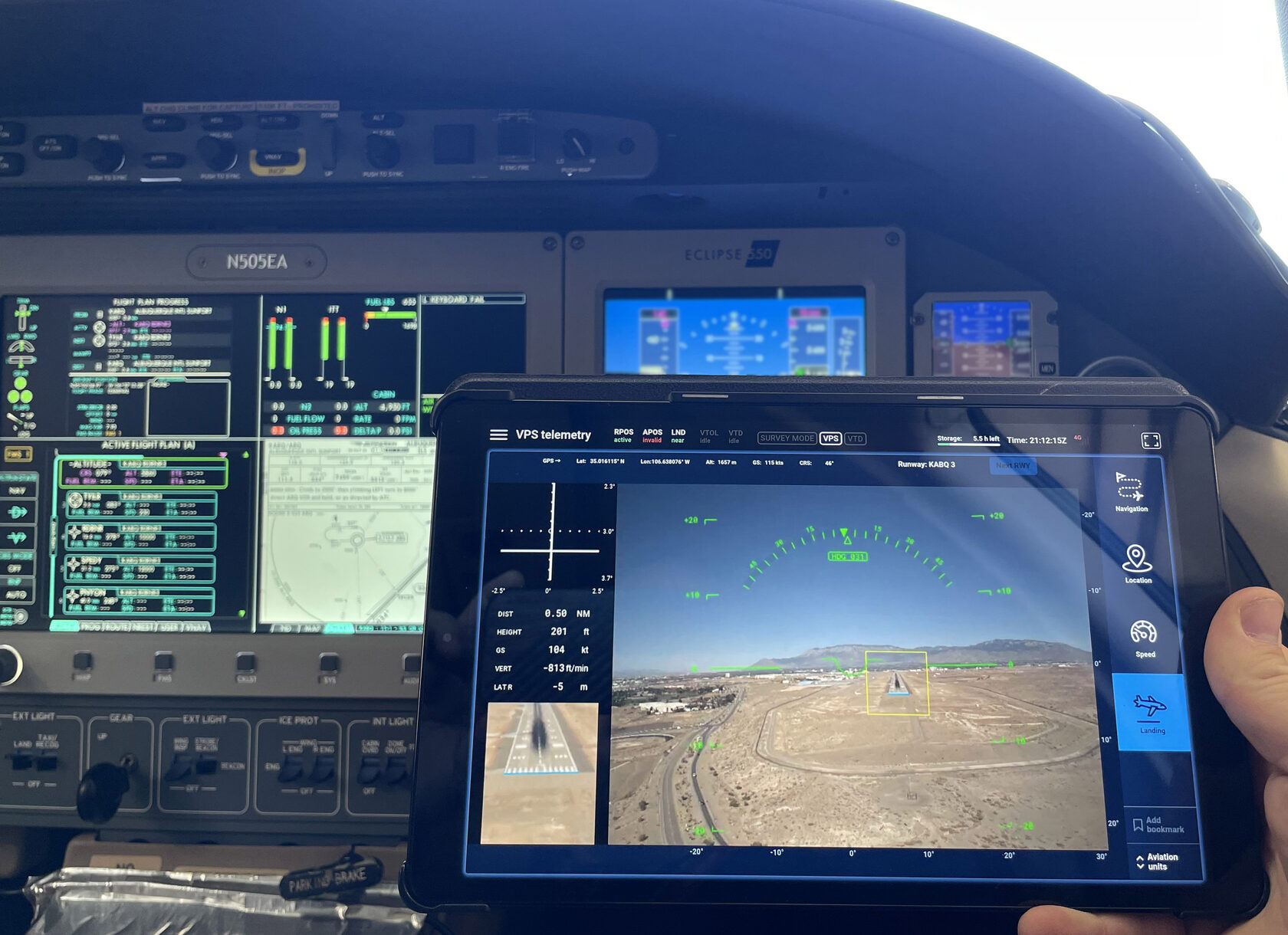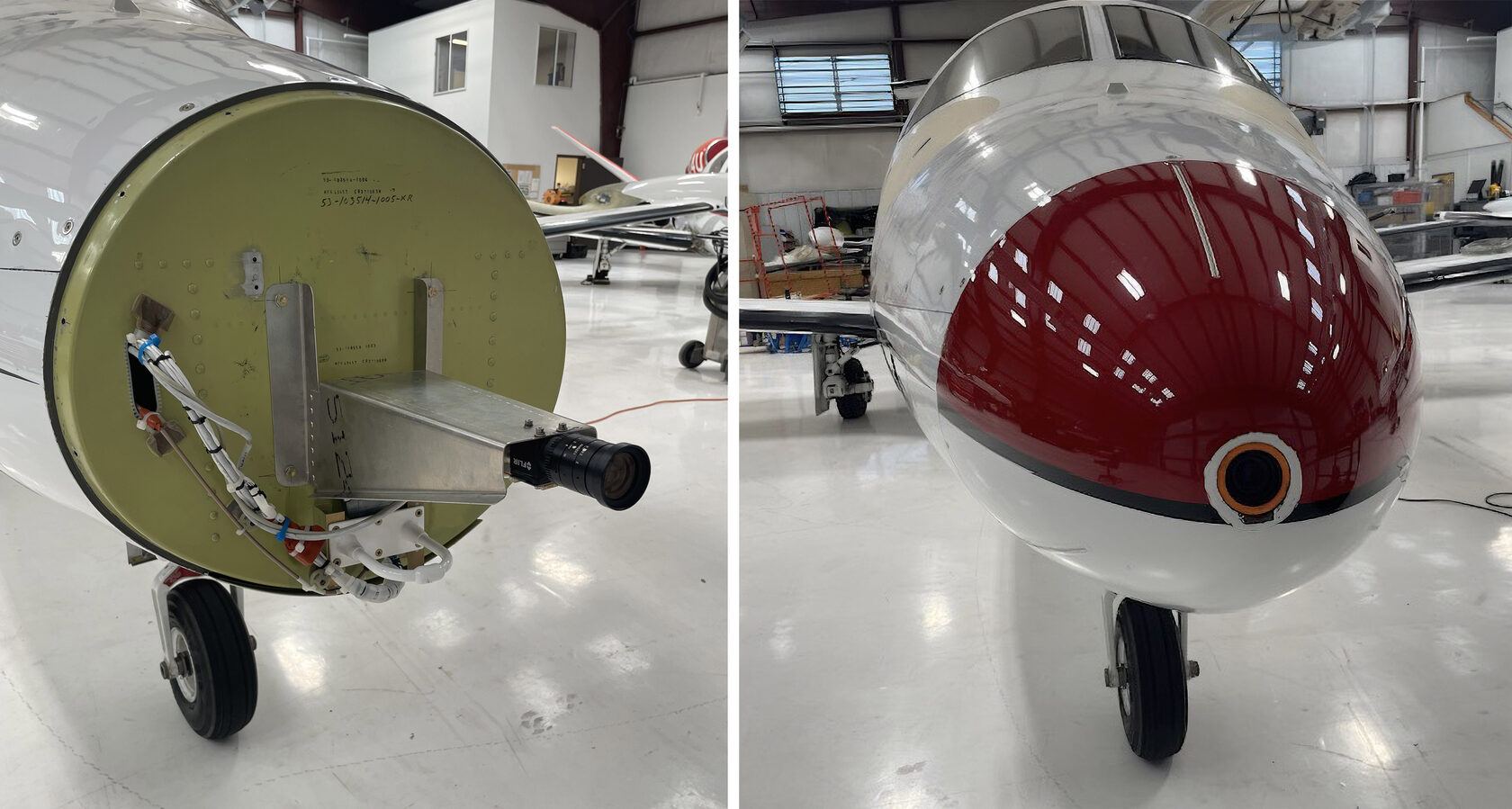Eclipse Aerospace Innovates with AI-Enhanced Flight Safety
Introduction to the Future of Aviation
Eclipse Aerospace, a frontrunner in the light jet manufacturing sector, is embarking on a transformative journey by integrating artificial intelligence into flight operations. This groundbreaking initiative involves the testing of an AI-enhanced visual awareness system designed by Daedalean AI, a company recognized for creating safety-critical AI systems aimed at improving situational awareness and flight control.
A Pioneer in Aviation Technology
The significance of this collaboration cannot be overstated. Jerry Chambers, a representative from Eclipse Aerospace, emphasized the company’s legacy in pioneering high-performance twin-engine aircraft for single pilots. "Eclipse Aerospace has always pushed the boundaries of technology," said Chambers. The integration of AI is a natural evolution in the ongoing quest for enhanced safety and reduced pilot workload, especially within the crowded waters of aviation technology.
Eclipse 550-5 jet
© Daedalean
Understanding Situational Intelligence
Daedalean’s innovation focuses on what they term Situational Intelligence—a sophisticated capability that enables aircraft to comprehend their environment and respond to emerging threats effectively. The foundation of this technology lies in machine learning, a form of AI that processes vast amounts of data more efficiently than human operators ever could.
Advanced Functionalities for Enhanced Safety
Dr. Yemaya Bordain, Chief Commercial Officer at Daedalean, highlighted the comprehensive features of the visual awareness system, which includes advanced landing guidance, detection of both cooperative and uncooperative traffic, and navigation functionalities, even in GPS-denied environments. "Using aircraft-mounted cameras to provide real-time data, the system presents alert signals to pilots, thus adding an additional safety layer alongside traditional equipment like radars," Dr. Bordain explained.

Daedalean’s landing guidance testing interface on a tablet in the cockpit of Eclipse’s jet
© Daedalean
Testing the Daedalean System
To put Daedalean’s system capabilities to the test, Eclipse Aerospace has outfitted its 550-test platform with two Daedalean cameras. The rigorous test flights are taking place above Albuquerque, New Mexico, focusing on the evaluation of detection and avoidance systems during crucial flight phases. The aim is to equip pilots with vital information for identifying and navigating both cooperative and uncooperative traffic effectively.

Installation of Daedalean’s camera at the nose of Eclipse’s jet
© Daedalean
Addressing Challenges in Business Aviation
In the world of business aviation, challenges are often heightened when operating at smaller, uncontrolled airports. Fergus Flanagan, another executive at Eclipse Aerospace, spoke to the manifold challenges pilots face in such scenarios. "We are particularly focused on runway identification, traffic awareness, and landing guidance—essential elements in ensuring safety at remote airports,"** Flanagan said, indicating the potential reduction in pilot workload due to Daedalean’s advanced systems.
The Growing Interest in AI Safety Systems
The aviation community is increasingly recognizing the potential safety benefits provided by AI-enhanced systems. Recent discussions around AI technologies ensued at the NBAA-BACE convention in Las Vegas, where industry experts, including Dr. Bordain, engaged in enlightening conversations regarding the current applications and future implications of AI in aviation.
A Commitment to Regulatory Standards
As innovative as these systems are, they must also adhere to stringent regulatory guidelines. Dr. Bordain highlighted Daedalean’s commitment to safety and compliance, mentioning that the company has already engaged with both the FAA and EASA in exploring safety assurance methods for machine learning. Currently undergoing rigorous certification processes, Daedalean aims to be among the first to secure approval for safety-critical AI applications.
A Transformative Step Forward
The integration of AI into flight operations offers an exciting prospect for the aviation industry, promising to significantly reduce risks in the cockpit. By enabling single-pilot operations in high-performance aircraft, technology is not just enhancing current capabilities but redefining what’s possible in aviation safety and efficiency.
Collaboration as the Key to Innovation
The alliance between Eclipse Aerospace and Daedalean AI exemplifies the power of collaboration in driving technological advancements. As industry leaders, their shared vision of improving safety and reducing pilot workload fits seamlessly into the evolving narrative of aviation.
Looking Ahead
As testing progresses, the insights and data gathered will pave the way for broader adoption of AI systems across the aviation sector. The potential to change how pilots interact with their aircraft and their environment is immense.
Conclusion: Pioneering a Safer Aviation Future
This journey into the realm of AI-enhanced aviation systems could very well shape the future of how we fly, interact with aircraft, and prioritize safety. The developments at Eclipse Aerospace and Daedalean AI exemplify a commitment to innovation that holds great promise for the reliability and safety of air travel in the years to come. As they push the envelope on technology, the aviation industry is eager to witness the positive impacts of AI on pilot performance and passenger safety.







